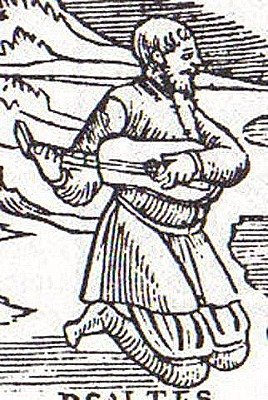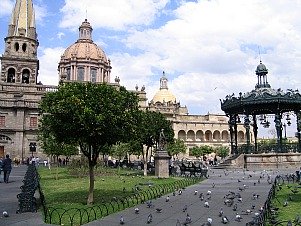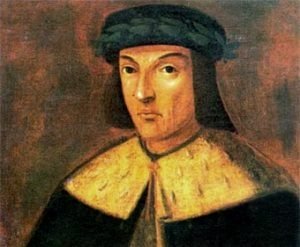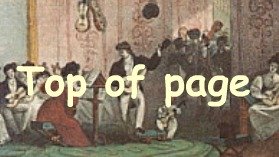The Biography of
Alonso Mudarra
(c. 1510 – April 1, 1580)
A Spanish Priest
Alonso Mudarra (c. 1510 – April 1, 1580) composed the earliest surviving music for the guitar. This Spaniard was a composer and vihuelist active during the renaissance, he was an innovative composer of instrumental music as well as songs.

but we know he grew up
in Guadalajara, not far north of Madrid
The first-ever music published for the 4-course guitar was included in Mudarra's collection of three books Tres libros de musica en cifras para vihuela, published on December 7, 1546 in Seville. 6 guitar works are featured along with 44 vihuela works, 26 for guitar and voice, and a piece for guitar or organ. Some of the music in self-composed while others are transcriptions featuring renaissance composers like Josquin Des Pres, Nicolas Gombert, Adrian Willaert, Antoine de Févin and Pedro Escobar. Fantasias, variations (including a set on La Folia), tientos, pavanes and galliards are some of the compositions featured in the collection. Of particular interest are the eight multi-movement works in the second book, all arranged by tono, or mode. Slow, medium, and fast tempos are innovatively indicated by different signs.
Alonso Mudarra's Pavana
performed by
Valerie Sauvage
performed by
Valerie Sauvage
Do you have your own video to submit to maestros-of-the-guitar.com ? Click here to enrich our site with your performance
The songs are in Latin, Spanish and Italian and include romances (Sad was the King David), canciones, villancicos, and sonnets. Spanish authors featured include :
- Jorge Manrique (Remember the sleeping soul)
- Juan Boscan (Claros and fresh rivers)
- Garcilaso de la Vega
- other anonymous authors (If you love the man beloved, Elizabeth, lost of your Faxa, What tears are all this?)
- Francesco Petrarca (La vita Fugger)
- Jacopo Sannazaro (O gelosia d'amanti)
- Ovid (Hanc tua Penelope)
- Horacio (Beatus ille)
- Virgilio (Sweet Exuviae)

cifras para vihuela features songs
based on poetry by the likes of Jorge Manrique
Some of Alonso Mudarra's works have become popular in modern times and his Fantasia no.10 (Fantasía que contrahaze el arpa en la manera de Ludovico) has been a concert and recording favourite for many years. Other popular titles include Claros y frescos ríos, Diferencias sobre el "Conde Claros" (transcribed from vihuela to guitar by Pujol), and Romanesca O Guardame Las Vacas.
Alonso Mudarra's
Pavana de Alexandre performed
by
Nicolae Szekely
played on a vihuela
Pavana de Alexandre performed
by
Nicolae Szekely
played on a vihuela
Learn more about Alonso Mudarra and his life in historical context by reading this forum post
Other Renaissance composers :
|
|
1.Fantasia de pasos para desenboluer las manos 2. Pauana de alexandre 3. Fantasia que contrahaze la harpa en la manera de luduuico 4. Gallarda performed by Kolya Panhuyzen
|
|
performed by Julian Bream (vihuela) |
|
performed by Carmen Botella (vocal) and Belén Estival (lute) |






